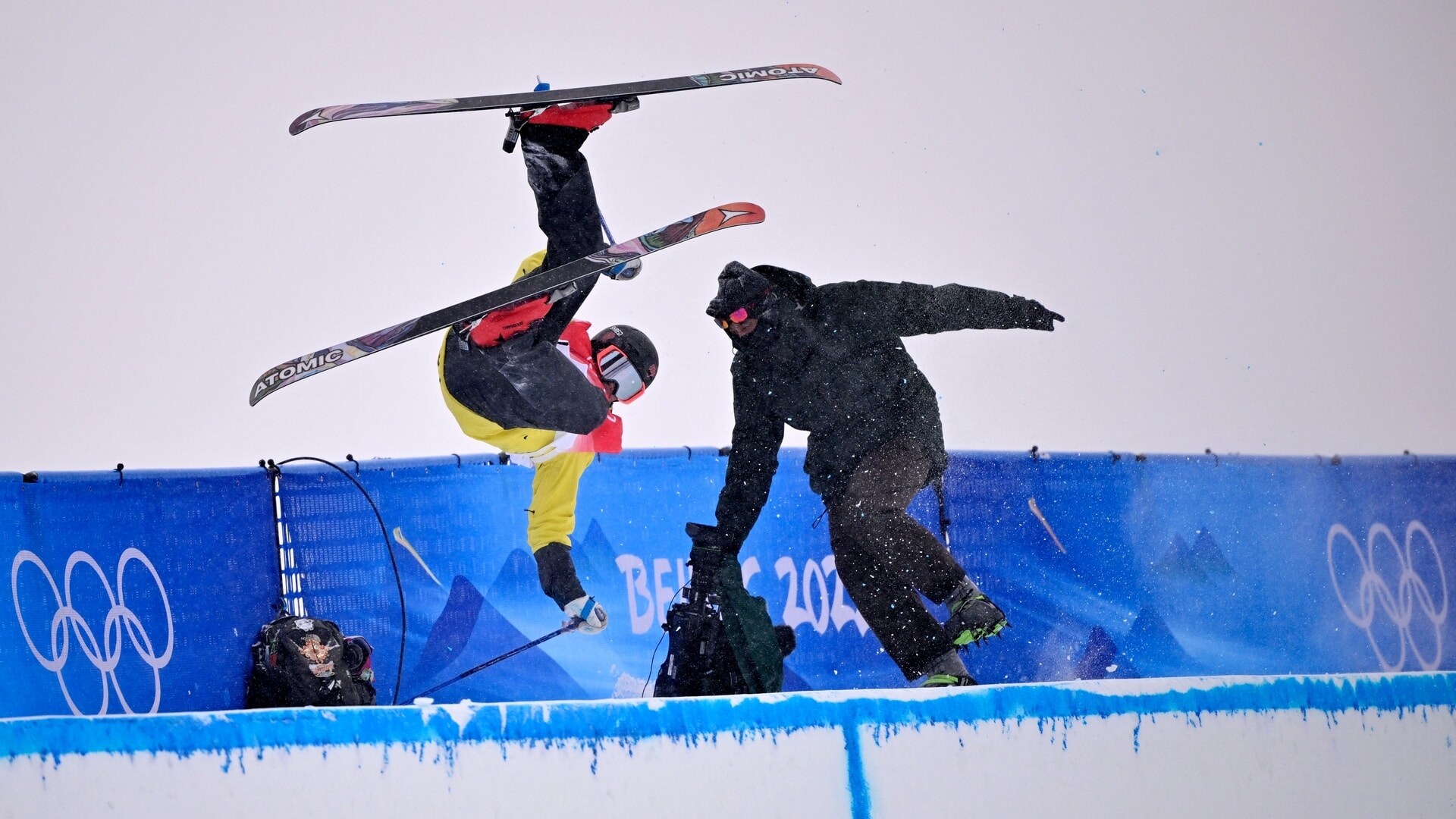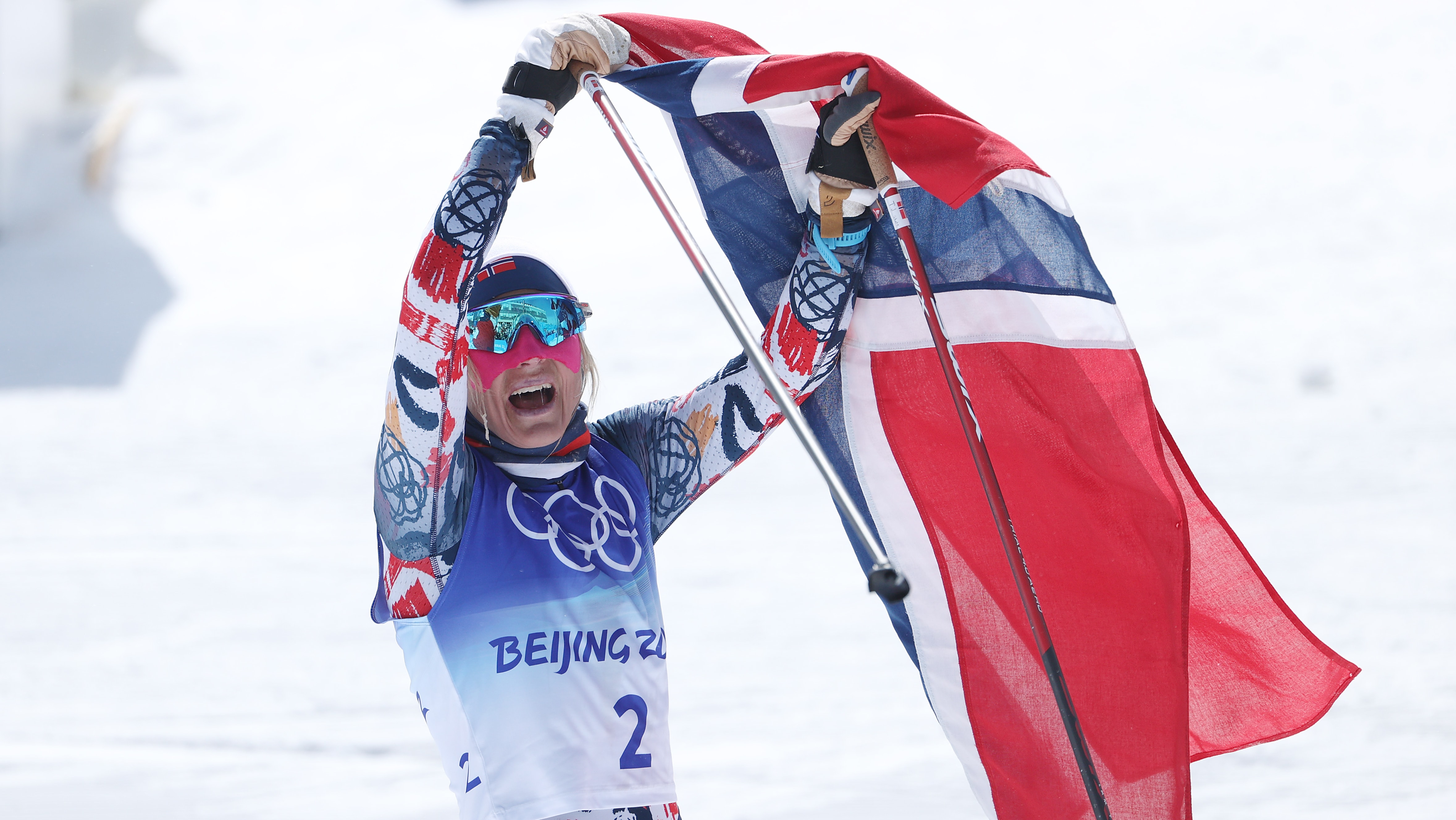Kamila Valieva's Olympic disaster was authored by the adults who were supposed to guide her, and the 15-year-old phenom should never have been allowed to skate her error-filled long program Thursday, said Philadelphia-area natives and Olympic commentators Tara Lipinski and Johnny Weir.
Valieva had been the favorite to win gold in the women’s singles event. She is also at the center of a doping scandal that has shaken the Games and her sport.
But after falling twice and stumbling twice in the free skate, Valieva ended up missing the podium and broke down in tears afterward.
“I can’t imagine how tough this has been on Kamila, and it makes me angry that the adults around her weren’t able to make better decisions and guide her and be there for her because she’s the one now dealing with the consequences. And she’s just 15, and that’s not fair," Lipinski, a former gold medalist from Philadelphia, said during Thursday’s broadcast.
Get Philly local news, weather forecasts, sports and entertainment stories to your inbox. Sign up for NBC Philadelphia newsletters.
"But again, with that being said, she should not have been allowed to skate in this Olympic event,” Lipinski continued.
To say it has been a swift fall from grace for the teen – who holds world records in short program, free skate and total score – would be an understatement.
Beijing 2022 Winter Olympics
Watch all the action from the Beijing Olympics live on NBC
Mere days ago, she had the world at her feet and was being hailed for becoming the first woman to land a quadruple jump at the Olympics during the team event, which the Russian Olympic Committee ended up winning.
But afterward, a testing laboratory in Stockholm, Sweden, flagged a urine sample from Dec. 25 that showed Valieva tested positive for trimetazidine. The heart medication helps prevent angina attacks and treats vertigo but is banned by the World Anti-Doping Agency because it can help endurance and increase blood flow efficiency.
An emergency hearing was held at the Court of Arbitration for Sport, only for more controversy to erupt after CAS allowed her to compete pending the outcome of a full investigation.
The court gave her a favorable decision in part because she was a minor or “protected person" and was subject to different rules from an adult athlete.
Both Lipinski and Weir, NBC's Olympic figure skating commentators, expressed their dissatisfaction and dismay immediately after the ruling.
On Tuesday, Valieva barely held on to a triple axel jump, but still managed to finish first in the short program.
She was the heavy favorite heading into Thursday’s free skate until the uncharacteristic mistakes.
“Since going to the senior level, that’s the most mistakes that we’ve ever seen Kamila Valieva make in a free skate,” Weir, who was born in Coatesville, Pennsylvania, said.
Russian Olympic Committee teammates Anna Shcherbakova and Alexandra Trusova placed first and second, respectively, with Japan’s Kamori Sakamoto getting bronze.
Valieva and her ROC teammates broke down in tears after the teen’s program as the drama continued.
“On a human level, I can’t imagine going through what she has been through, but that doesn’t change the fact that she should have been nowhere near this competition. Every athlete at this level knows and understands that if you test positive for a banned substance, you will not compete,” Wier said.
The investigation into Valieva’s positive drug test remains ongoing, and the ROC could be stripped of its gold medal in the team event. The United States took home silver in that competition.
Don’t miss the most exciting moments of the Winter Olympics in Beijing! Sign up for our Olympics newsletter.




